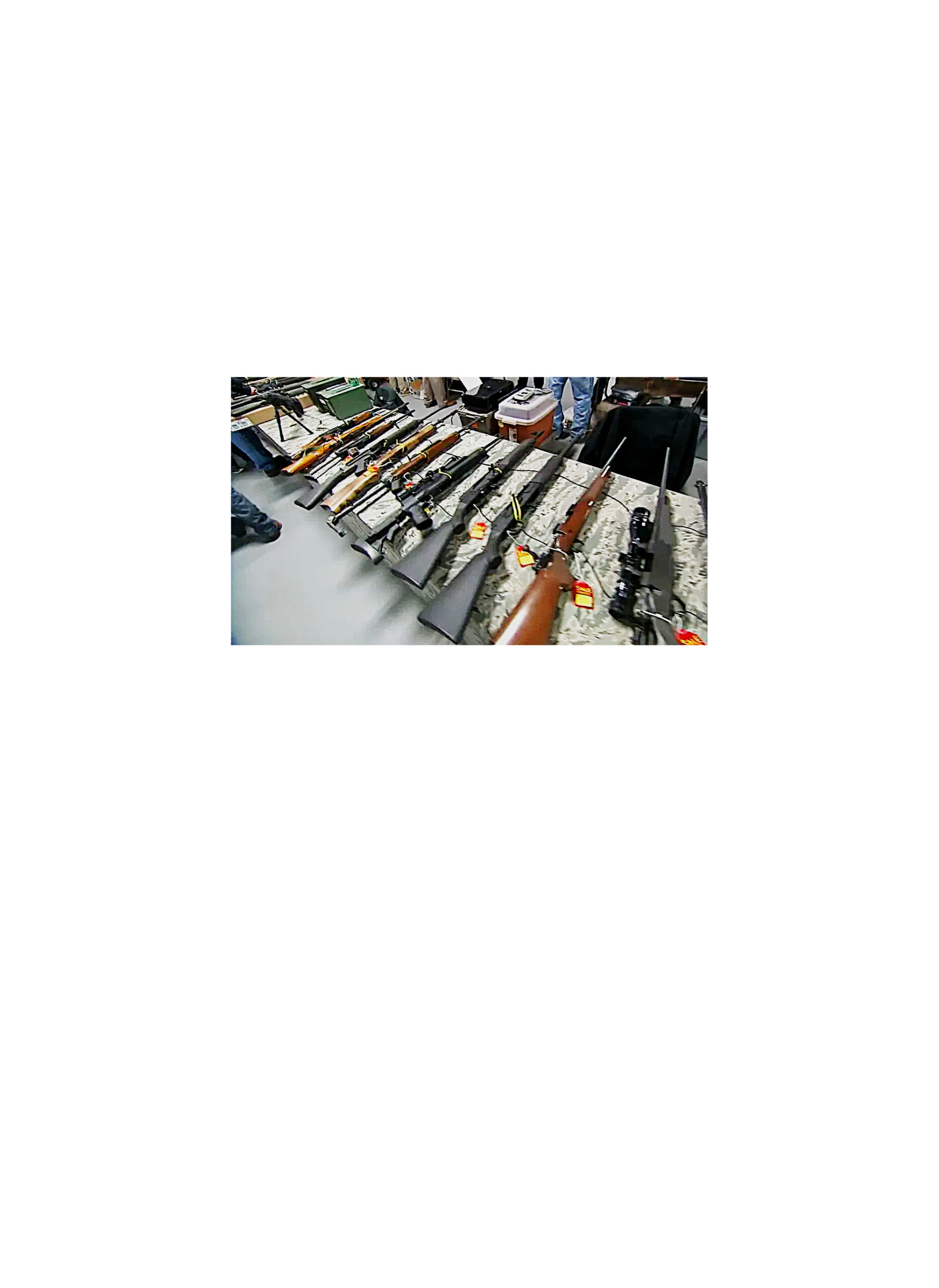New Zealand is on the brink of a significant overhaul of its firearm laws, with the potential reintroduction of semi-automatic weapons to gun ranges. A comprehensive rewrite of the Arms Act, which has been in place since the early 1980s, is underway as part of a coalition arrangement between the National and ACT parties.
This ambitious legislative agenda encompasses a wide range of considerations, including modifications to the existing licensing regime and the controversial re-evaluation of military-style weapons previously implicated in the 15 March terror attacks.
Associate Justice Minister Nicole McKee is at the forefront of this initiative, emphasizing that every aspect of the current firearms laws is under scrutiny. The objective is to embark on a fresh start, challenging the status quo established by the Arms Act 1983, which has been the bedrock of New Zealand’s gun regulations for the past four decades. McKee is advocating for a shift towards a graduated licensing system that would not only streamline the licensing process but also enhance public safety.
One of the notable proposals on the table is the reconsideration of allowing competitive shooters to use semi-automatic weapons for sporting activities. Currently, the only exemptions permitting the use of semi-automatics are for pest control and disabled collector’s items. McKee believes that expanding these exemptions could strike a balance, catering to the needs of competitive shooters while maintaining strict regulations for safety and oversight.
The conversation around New Zealand’s gun laws gained renewed momentum after the tragic Christchurch Mosque shootings in 2019. In response to those events, lawmakers near-unanimously supported an amendment to ban semi-automatic weapons. However, McKee, who entered politics in the aftermath of these attacks, is now spearheading a complete re-evaluation of the nation’s gun laws. The proposed reforms signal a departure from what she views as “rushed” and “knee-jerk” legislation, aiming for regulations that are less burdensome on responsible firearms owners.
McKee’s vision is not just about rolling back existing restrictions but fostering a more nuanced and informed dialogue about firearms. She emphasizes that gun ownership is a normal way of life for many, used not only as weapons but also as sporting tools and a means to put food on the table. The perception of firearms, she contends, needs to move beyond stereotypes and misconceptions.
Despite the desire for reform, McKee acknowledges the need for a legitimate and rigorous licensing system. The proposed graduated licensing system would require individuals to earn trust over time, with a licensing agency conducting thorough checks to ensure that only responsible individuals possess firearms. This approach aligns with her goal of ensuring public safety while respecting the rights of licensed firearms owners.
Addressing concerns about the potential risks associated with reintroducing semi-automatics, McKee outlines that the rewrite of the Arms Act would maintain stringent requirements for ownership. Over 5,000 individuals with proper justifications already hold licenses for centre-fire semi-automatic firearms, and the proposed changes would require continued legitimate reasons for possession. Additionally, higher security and storage requirements would be imposed, and large-capacity magazines would remain restricted to those with proper vetted endorsements.
The proposed reforms have stirred a spectrum of opinions within New Zealand. Maysoon Salama, who lost her son in the 15 March terror attacks, expresses concern about the potential relaxation of gun laws. She emphasizes the need for stringent regulations, citing the persisting hatred, Islamophobia, and discrimination against minorities. Salama contends that any changes to gun restrictions should prioritize safety and the prevention of terrorism acts.
Contrary to this viewpoint, McKee’s stance aligns with a desire to find a middle ground, acknowledging the normalcy of gun ownership for some and aiming to balance safety with individual rights. She hopes to steer the conversation away from preconceived notions about firearms and engage in a constructive dialogue about their multifaceted roles in society.
-TIN Bureau


